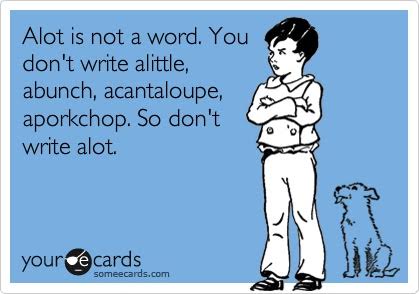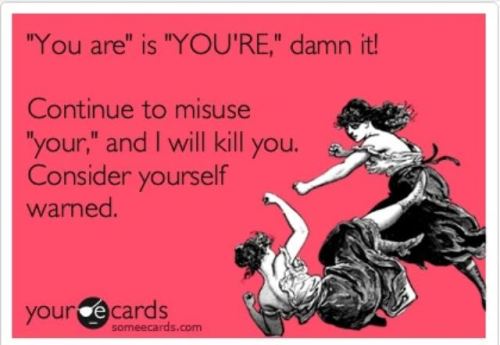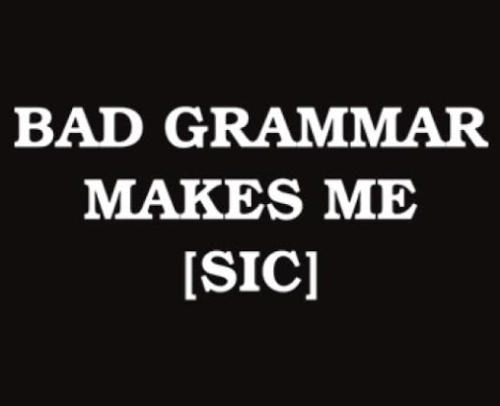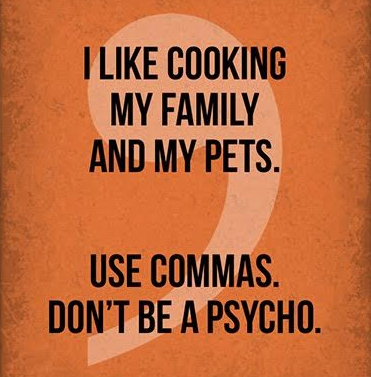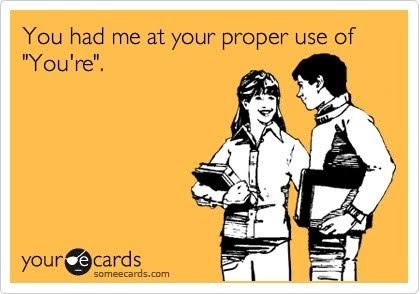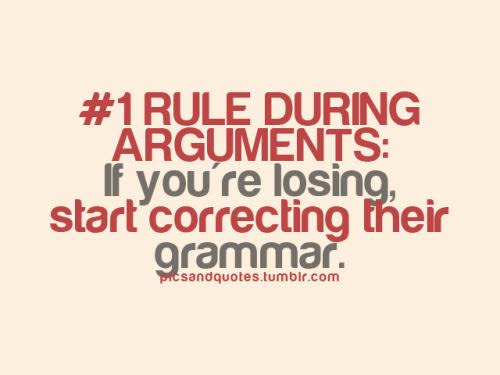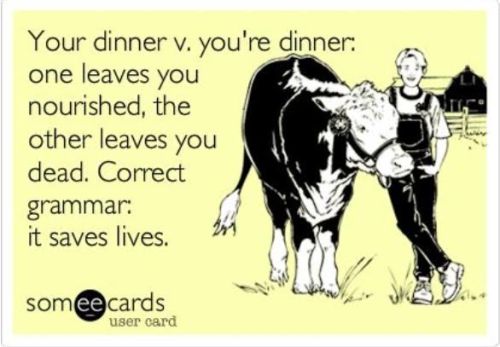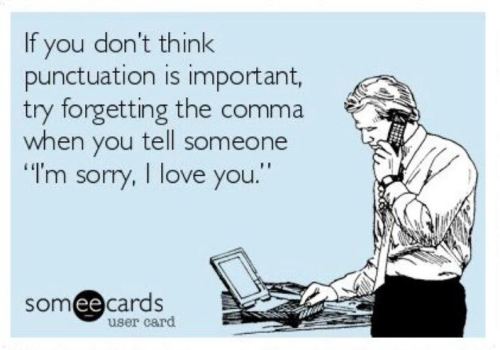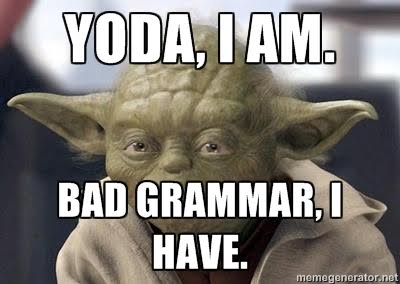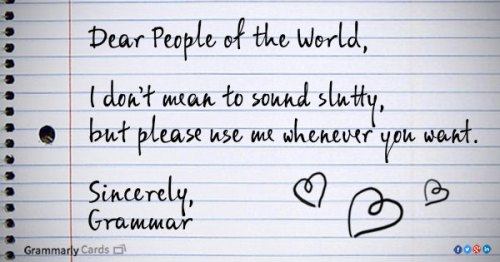I’m not gonna lie.
I’m not really feeling the love.
My darling boys almost forgot that Mother’s Day is tomorrow.
Until I reminded them yesterday.
But alas, motherhood is a thankless job.
Fortunately, it’s not without its humorous moments.
So why don’t we take a moment to celebrate the awesomeness of moms?
Because, let’s face it, moms are awesome.

(Yeah. A crazy, multitasking masochist sounds about right.)

(Does going out of my mind count as a vacation?)

(Hellooo!?! Do you think I enjoy talking to myself? I’ll have you know that I do not, in fact, enjoy talking to myself. Are you even listening?!?)

(Because, evidently, nobody else besides mom can see the invisible, overflowing basket of laundry that keeps mysteriously multiplying.)

(Oops, too late. I guess 364 days was too long for my sanity to stick around.)

(Move over, Iron Man! You probably know me as my alter ego, Wonder Woman. Yeah. Take that!)

(Wearing the cape is typically too much of a hassle. And it blows our cover. We’re supposed to be human, after all.)

(Dogs love unconditionally and never back talk. And they’re always so grateful. Unlike some people I know…)

(Oh crap. Who let the cat out of the bag? Was it those darned kids? They’re lying to you! I swear!)

(Mom? Mom who? Okay, so sometimes moms find ourselves in situations where we’re forced to pretend we’ve never seen those angelic creatures before in our lives. It happens.)

(Amen to that! Now where’s my margarita?)

(Quite possibly the most heartfelt way to thank your mom for all that she has ever done for you.)
~Happy Mother’s Day to all the moms out there! Hope you get to enjoy a nice margarita and a day off from laundry and all that other domestic nonsense.~
